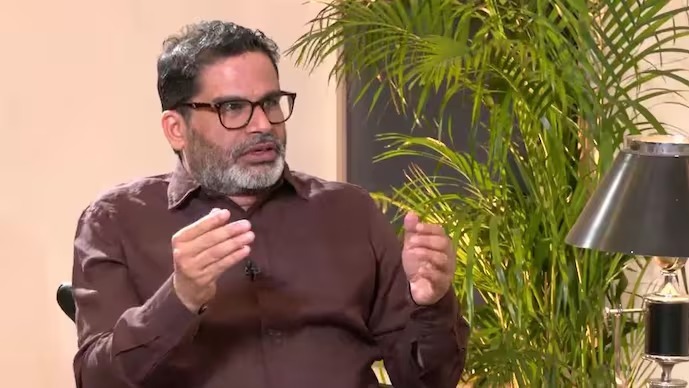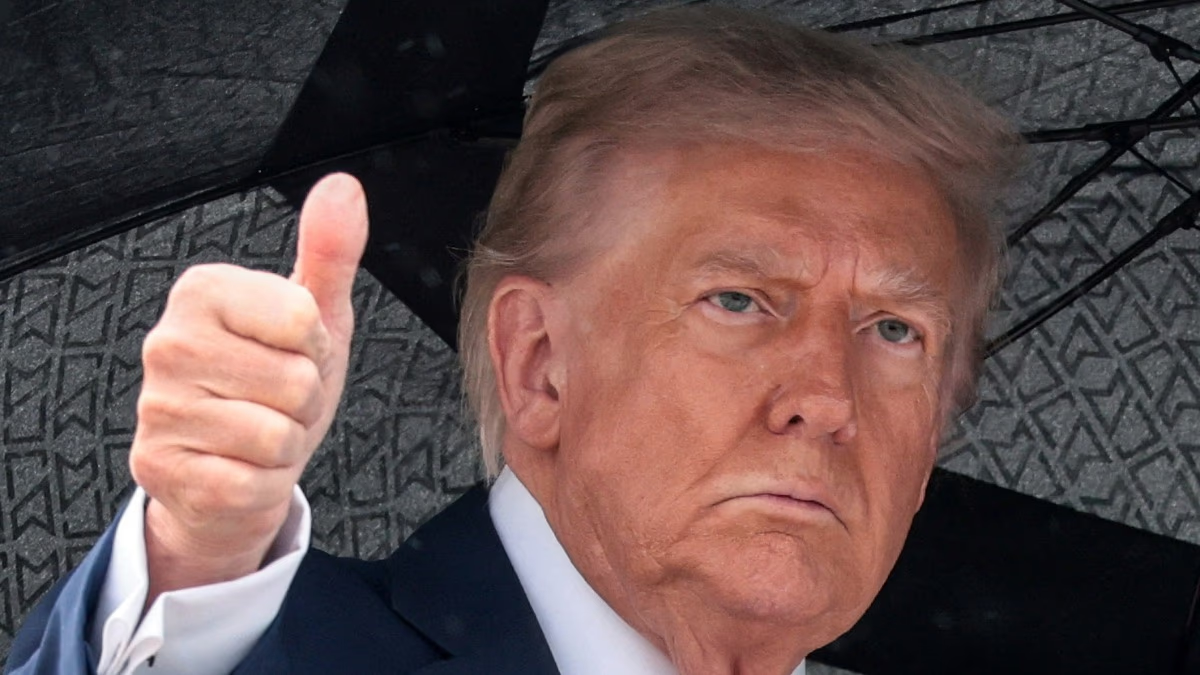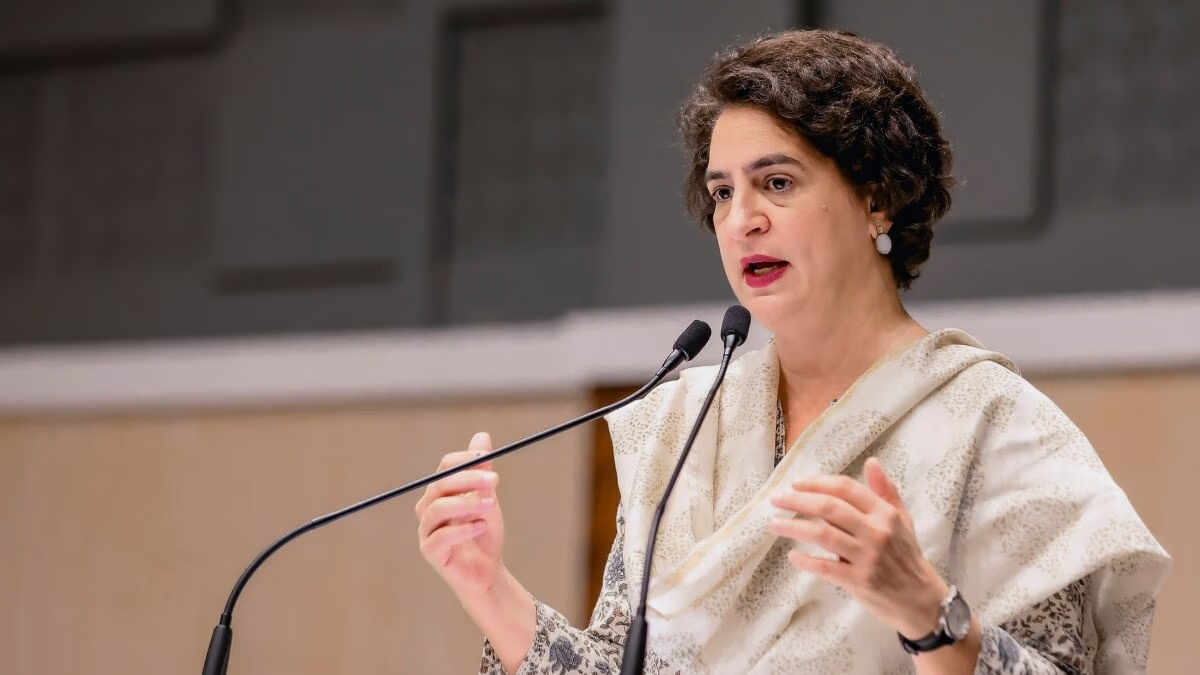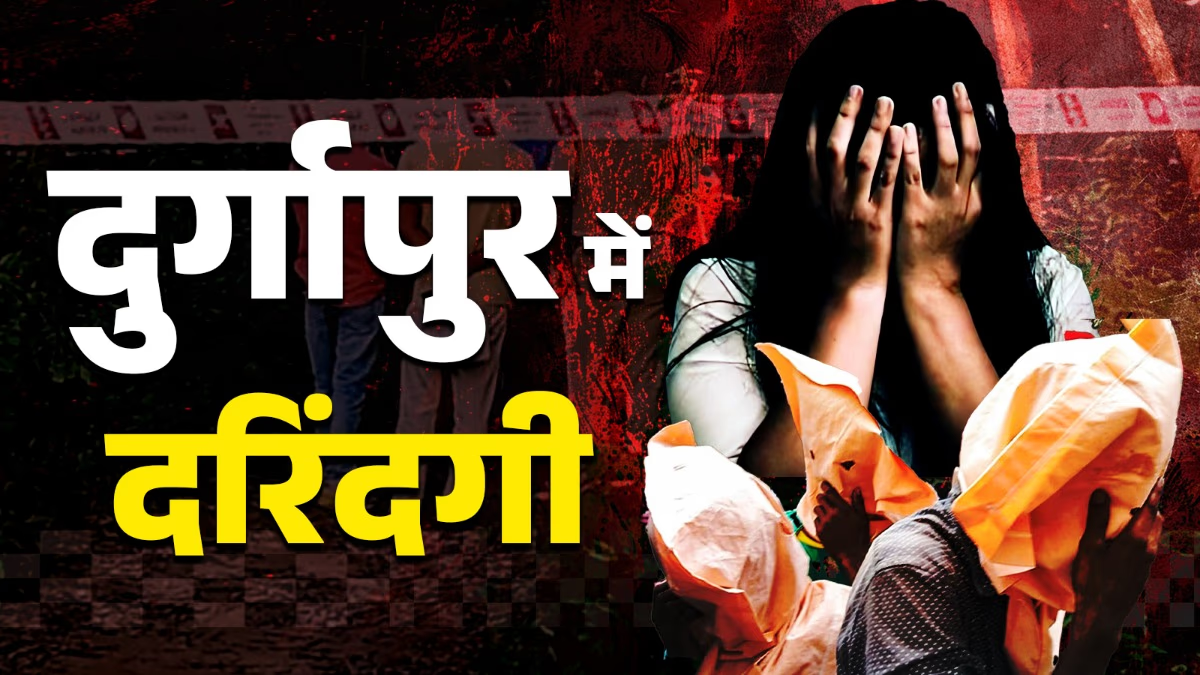As the 2024 parliamentary election results unfold, the NDA alliance is set to form the government with 293 seats, while the United India alliance has secured 234 victories. These numbers stand in stark contrast to exit polls and political analysts' predictions. In a conversation with India Today, political strategist Prashant Kishor shared his insights.
India Today's News Director Rahul Kanwal and Consulting Editor Rajdeep Sardesai discussed the electoral outcomes with Prashant Kishor, who reflected on the factors behind BJP's reduced seat count whilst also acknowledging the inaccuracies in his own election predictions. During this discussion, the BJP's 'Over 400' mantra also came under scrutiny.
'Whoever wrote the Over 400 slogan...'
In discussing the reasons for the BJP's decreasing seat count, Prashant Kishor said, 'Whoever coined the 'Over 400' slogan did not err in the slogan itself, but rather its incomplete nature. 'Over 400' is there, but for what purpose? It was left open-ended. Whereas, the 2014 slogan 'After suffering inflation, now it's time for Modi's government' had a clear purpose—people knew why it was Modi's government because of the inflation issue.'
'Over 400' slogan caused damage'
He continued, 'This time your catchphrase was 'Over 400,' and society perceived it as arrogance—a sentiment the opposition leveraged by claiming that this reflected intentions to change the constitution. Whoever penned the party's slogan failed to justify the pursuit of 'Over 400.'
'Workers were disappointed with their MP'
Kishor further declared, 'BJP's biggest weakness is their excessive reliance on Modi. The workers argued that the 400-seat count was going to be achieved anyways, so it was time to teach the MP (Member of Parliament) a lesson. Take, for example, the situation in my area with R K Singh. Speakers suggest they did good work and were a competent minister, but workers were dissatisfied because they didn't feel valued.'
Kishor refers to Varanasi example
He said, 'BJP supporters felt secure in the victory, thinking 'we're crossing 400 seats,' so there was no explicit goal. On the flip side, those against BJP and Modi had a clear motive: to stop them by any means necessary. I'll cite the example of Varanasi. On Modi's own turf, his vote share saw only a 2 percent decline from 2014, yet the margin dropped significantly because the opposition's share surged from 20.9 to 41 percent.'
'We acknowledge our numerical predictions were incorrect'
When asked about his failed forecasts—specifically predicting BJP rivalling or surpassing its 2019 count of 303 seats, the improbability of Congress winning under 100 seats, BJP emerging as the leading party in West Bengal, and unlikely losses in Maharashtra and Rajasthan—Kishor admitted to being incorrect. He drew comparisons with political figures like Akhilesh Yadav, Amit Shah, and Rahul Gandhi who made ambitious projections yet fell short. Nevertheless, he asserted that these miscalculations don't undermine their political acumen. He owned up to his own error of underestimating BJP's seats, and emphasized that political predictions are not an exact science.
'We are being trolled'
Kishor mentioned that while his prediction for an overall BJP victory was proven wrong, the erroneous estimate by 20 percent led to trolling with accusations of being biased. He noted the incongruity of results in the fifth phase of elections versus his post-phase interview, stressing that political analysis should carefully consider voter behavior and local sentiments, which may conflict with public expressions of support due to fear or other factors.
PK cites the case of Andhra Pradesh
He recounted his anticipation of Jaganmohan Reddy's defeat in Andhra Pradesh and the subsequent shock upon witnessing the actual outcomes. This discrepancy, he suggested, is indicative of a 'fear factor' affecting voter honesty, thus distorting the predictive analysis. Such insights imply the necessity for strategists to get a genuine pulse on voter sentiment, devoid of fear or influence.




